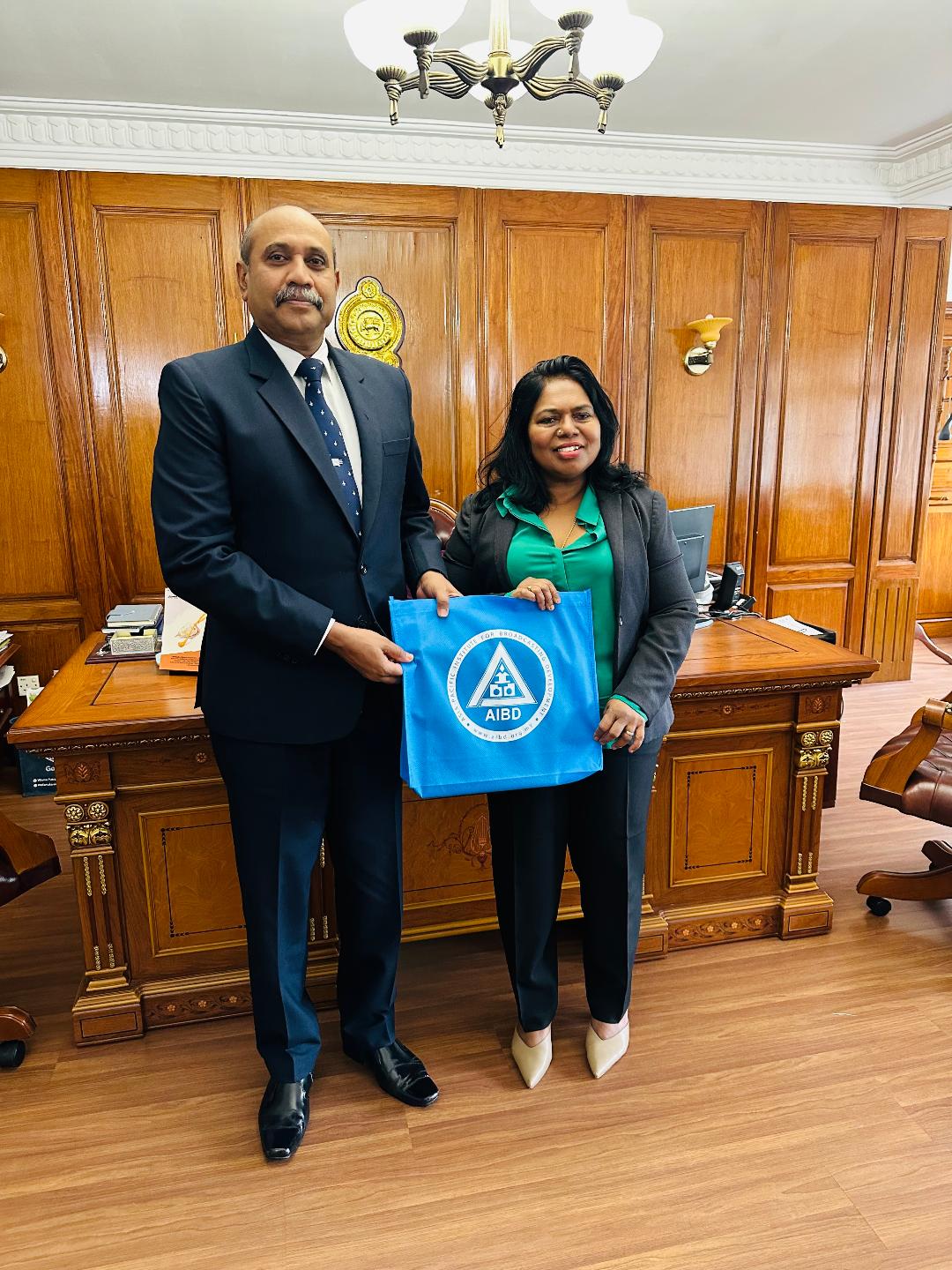‘Invasion of Globalised Content’
Asian media is raising concerns about the ‘invasion’ of globalised content on various screens that threatens local content and may necessitate government regulation such as imposing a content quota system to preserve local cultures in the region.
In Bhutan, Bollywood programmes and Korean dramas and variety shows have invaded local content, says Kinley Dorji, a journalist and Secretary, Ministry of Information of Bhutan during the Moderated Debate at the 13th Asia Media Summit in Incheon, Korea.
Asian media is raising concerns about the ‘invasion’ of globalised content on various screens that threatens local content and may necessitate government regulation such as imposing a content quota system to preserve local cultures in the region.
In Bhutan, Bollywood programmes and Korean dramas and variety shows have invaded local content, says Kinley Dorji, a journalist and Secretary, Ministry of Information of Bhutan during the Moderated Debate at the 13th Asia Media Summit in Incheon, Korea.
“Globalisation is a powerful force, and our response should be localisation. Though Asia is rich in culture, it is poor in content. Thus we find countries in Asia having to contend with the invasion of Bollywood and Korean programmes,” he said.
Such invasion is also real in Pakistan, says Ms Moneeza Hashi, President of Public Media Alliance and General Manager of International Relations, HUM TV.
”I hold media responsible for the shift on how children are forgetting their own culture and thinking more like those of the West,” she said.
She said a different threat on local content is also taking place in her country. That has to do with keeping alive distinct cultures of the country’s six key provinces, putting together the different arts, songs, dances, traditions and other cultural traits and making them part of the national content.
Mr Jeffrey Barabe, President of Oceana TV, Palau shared a similar sentiment as a questioner to the panel, saying the country will lose its languages and may become extinct in the future because kids are now more exposed to Korean and US programmes than to local content.
“We need government to invest in local content to preserve Palau’s culture,” he said.
Being a colony of Spain, the US, Britain and Japan for many years, the Philippines has suffered from a colonial mentality that gives less viewing priority to local programmes rich in cultural history, says Jason Bernard Santos, Executive Producer and Director of GMA Network, Philippines.
He added that the invasion of Spanish and Korean soap operas for a time kept local content on the sidelines and to counter this, Filipino TV producers resorted to adaptation of these foreign formats.
Ms Juliet Vivier, Deputy Director, CMC Vietnam-Hiventy Group, Vietnam, offers a different perspective saying that in some countries like in Asia and Africa, local content is growing.
“Thanks to digital technology, we are seeing more local content that is exported to different continents,” she said.
To deal with the impact of globalised content on local content, Ms Kim Kyung Hee, Senior Research, Broadcast Culture Research Institute of Korean Broadcasting System (KBS), Korea, suggests that government can impose a quota system for globalised content as Korea practices.
She said protective measures differ from country to country, and governments must make the right decision to protect local content and let industry grow.
Aside from investing in local content, governments should also invest in infrastructure such as better access to the internet and speedy internet connections to ensure content creators and audiences benefit fully from new technology, says Mr Santos.
Mr Dorji urged Asian media to use new technology and social media to create content that is different and distribute this faster and cheaper.
During the open forum, AIBD Director Chang Jin shared a similar view, suggesting to use new media and social media to deal with foreign content and promote local content.
Mr Salim Keshavjee, Co-Founder, Executive Producer & Director of Xeinium Production Ltd., Kenya, raised another challenge to Asian media to make their local content go global.
“We must have compelling content to be able to penetrate the global market,” he said.
Ms Kim reminded broadcasters that while the intrusion of globalised content threatens local content, we need to acknowledge the benefits of diversity that add value to multiculturalism.
She said the Korean Broadcasting System is investing a lot in educational programmes and sharing them as a way of growing the quantity and quality of Asian content.





